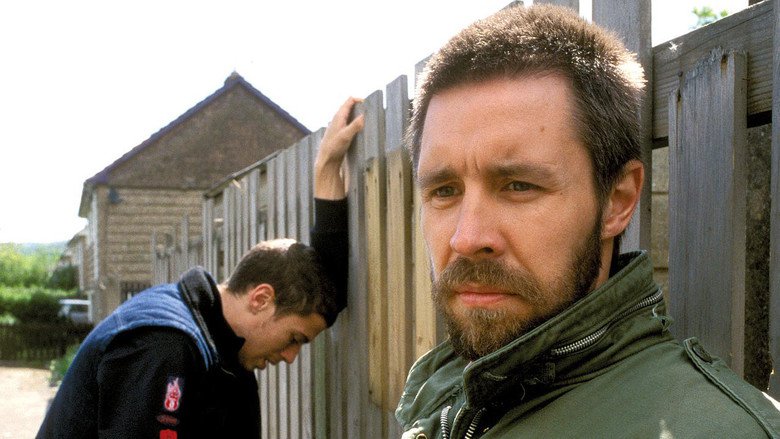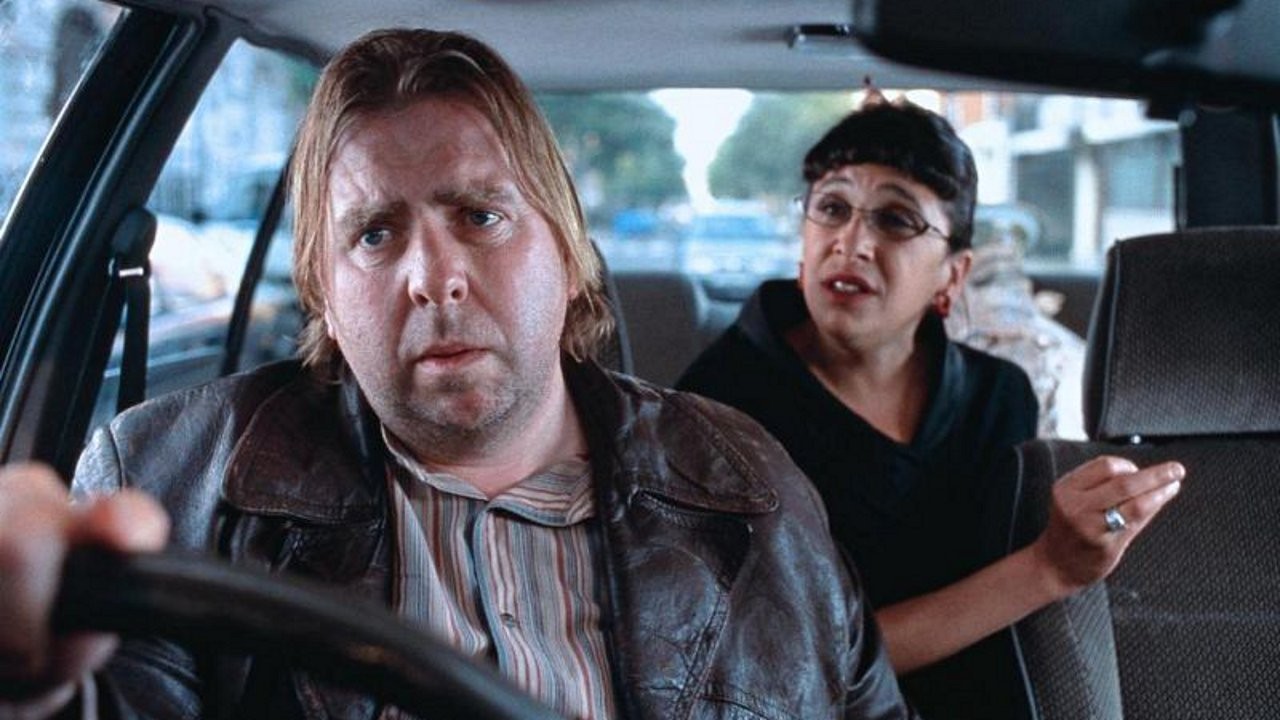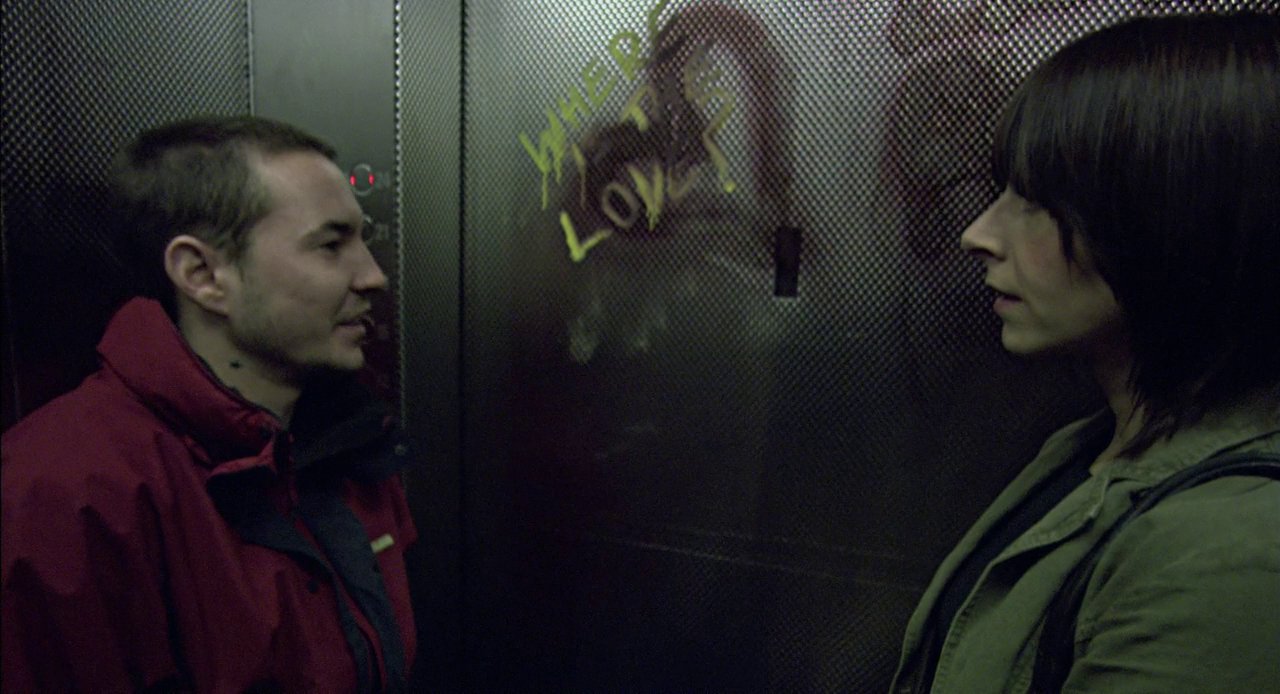6. Boy A (2007)

The acting debut of the now internationally recognised “The Amazing Spiderman” star, Andrew Garfield, the discerning drama “Boy A” was originally a well-received British television movie that due to its remarkable domestic success was later granted a limited cinema release, both in the United Kingdom and in a grand total of ten theatres across the United States.
A thought-provoking, riveting tale of Jack (Garfield), a recently released convict with a new identity trying to put his life back on track following a heinous crime he and another boy committed as children.
Directed by John Crowley, best known for his recent success with award ceremony favourite “Brooklyn”, “Boy A”, is an insightful and powerful study of forgiveness and redemption, fundamentally anchored by the talented Andrew Garfield, who still hasn’t provided another standout performance quite as profound, complex, or compelling as his masterful portrayal of Jack, subsequently winning the American-British actor a BAFTA for best male performance.
With a faultless supporting cast including the consistently phenomenal performer, Scottish-born Peter Mullan, as a dedicated rehabilitation worker, and the criminally underrated actress Katie Lyons as Michelle, a girl who unknowingly becomes romantically involved with a former criminal in the form of an assimilating Jack, “Boy A” is a poignant and considerate drama that is frequently uplifting as well as equally devastating, poising social statements and questions regarding compassion and acceptance, and exactly who deserves such mercy.
7. Dead Man’s Shoes (2004)

Director and writer Shane Meadow’s pre-“This is England” career never truly got off of the ground until the gritty thriller that opens with the menacing narrative line, “God will forgive them. He’ll forgive them and allow them into Heaven. I can’t live with that.” The rest of “Dead Man’s Shoe’s” accordingly follows suit and remains befittingly ominous and threatening with an underlying sense of looming dread throughout proceedings.
Starring co-writer Paddy Considine as the dispirited soldier, Richard, who returns to his hometown of Matlock in Derbyshire after serving in the military, with only one thing on his mind… vengeance upon a group of local bullies that tormented his brother to the point of suicide.
Giving a tour-de-force performance, the remarkably diverse Considine is undeniably the star of the entirely gruesome show, as an unrelenting, gasmask wearing angel of retribution, maliciously handing out death sentences in the name of payback.
A perfect anti-hero, Richard employs trained guerrilla tactics and intimidating words of warning to initially frighten the villainous locals, prior to stepping up his operation and picking them off one by one in a host of violently haunting and merciless assassinations.
Dark, determined and deranged, “Dead Man’s Shoes” is a highly unique, intricately gripping tale of not only vengeance, but the act of killing as well, relishing in its powerful concept of when retaliation becomes acceptable, as well as the eventual realisation of having to live with the appalling atrocities that a human can be driven to.
In turn, Meadows and Considine skilfully execute an intelligent, emotional and exhilarating revenge story that is unwavering and unflinching thanks to its bold and brutal narrative, gritty visuals, and fundamentally great performances.
8. All or Nothing (2002)

Much like a number of the national treasure Mike Leigh’s other considerate features, “All or Nothing” is a piece of cinema that will certainly never be adored by the masses, which is unquestionably a crying shame.
With no attempt to make his work commercially viable, Mike Leigh’s films are generally devoid of big named stars, glamourous settings, and do not necessitate any visual flair or courageous bravado. However, the director’s unique selling point that has made him such a domestic success is his keen eye for honest, thoughtful story-telling that situates its intriguingly authentic characters in real-life relatable scenarios.
Unlike the often comparable Ken Loach, Mike Leigh refuses to hold society, a person’s upbringing or their unselected surroundings responsible for his character’s misery or misfortunate predicament, instead suggesting that the grief of any human is down to their own choices and decisions, resulting in a severe lack of enrichment in their life.
Here, “All or Nothing” centres on alcoholic taxi driver Phil, portrayed by Timothy Spall, and his loveless marriage to Lesley Manville’s Penny, as we witness the fruitless pair have lost their lust for life, as well as each other.
Anchored in realism by performances from Timothy Spall and Lesley Manville, “All or Nothing” is absorbingly intense and curiously convincing, accompanied by a fundamental supporting cast that includes Ruth Sheen, James Corden, Sally Hawkins, Ben Crompton and Alison Garland.
Sympathetic and attentive, Mike Leigh’s attention to detail with regards to tragedy, sentiment, sadness and revitalisation is flawless, the bleak “All or Nothing” is at times a difficult watch, but for the avid follower of solicitous, reserved dramas, this is an outright masterclass in reticent story-telling not to be missed.
9. Red Road (2006)

“Red Road” was the first segment of the “Advance Party” trilogy, a structural concept developed by arthouse mastermind Lars Von Trier, along with Scottish filmmaker Gillian Berrie, and Danish creationists, Lone Scherfig and Anders Thomas Jensen.
The underlining idea was for three first time directors and writers to each craft a unique film that utilised the same pre-constructed characters, resulting in three entirely different approaches to the same provided information.
Scherfig and Jensen created a list of characters and gave them backstories, to which the three chosen directors would each mould their films, subsequently leading to joint casting by the three directors, who were Andrea Arnold, responsible for “Red Road”, Morag McKinnon who developed “Donkeys” in 2010 and lastly Mikkel Norgaard who’s unnamed third entry has been stuck in development hell.
Named after the Red Road high-rise flats in Glasgow, the intensely chilling “Red Road” was a pivotal first feature length picture for the gifted Brit, Andrea Arnold, who had previously won an Academy Award for her live action short “Wasp”.
Featuring Scottish acting royalty Kate Dickie as the films lead, Jackie, a CCTV security operator who observes a man from her past she thought she would never see again through her monitors, “Red Road” proved to be a claustrophobic and persuasively intimidating thriller.
The fascinating piece of cinema predominantly acts as a showcase for the inspiring talent of Dickie, a faultlessly talented and highly diverse performer that over the past decade has made significant waves in more substantial productions, most notably her breath taking performances in “The Witch”, “Filth”, “Prometheus” and as the scene stealing, unstable sociopath Lysa Arryn in “Game of Thrones”.
10. The Selfish Giant (2013)

Somewhat inspired by the world-renowned playwright and eccentric oddball Oscar Wilde’s short story of the same name, the movie version of “The Selfish Giant” has a number of quite obvious creative variations from its initial inspiration, most notably, its unglamorous setting of Bradford in West Yorkshire, a typically deprived working class location in the North of England.
“The Selfish Giant” is a contemporary fable which follows two troublesome young boys, Arbor and Swifty, as they seek fortune in the world of scrap dealing and criminal activity.
Written and directed by Clio Barnard who is predominantly a film studies teacher at the University of Kent, “The Selfish Giant” has proved to be her breakout feature, as she is now being hailed as a significant up and comer in British cinema following her early work on a number of promising television movies, shorts and her debut feature, the heavily praised “The Arbor”, an experimental documentary about the Bradford born playwright Andrea Dunbar.
Despite “The Selfish Giant” being initially praised by film critics during the festival circuit, as well as being nominated for the European Parliament’s Lux Prize and its considerable recognition in its home nation at the BAFTAs, it still remains as an estranged entity amongst the majority of movie audiences.
Concealed by its introductory poor box office takings and its subsequent lack of home entertainment release, “The Selfish Giant” has unfortunately fallen by the wayside, and one can only hope it will be rediscovered as Barnard eventually becomes a much more well-known name within the filmmaker world.
Using her own experience of growing up in working class Yorkshire, the Leeds-born Clio Barnard spins a darkly realistic yet romantically poetic tale in the vein of Ken Loach’s seminal “Kes”, a lyrically sentimental yet, albeit gritty realisation of the difficulties faced by underprivileged adolescents of deprived communities growing up on the breadline.